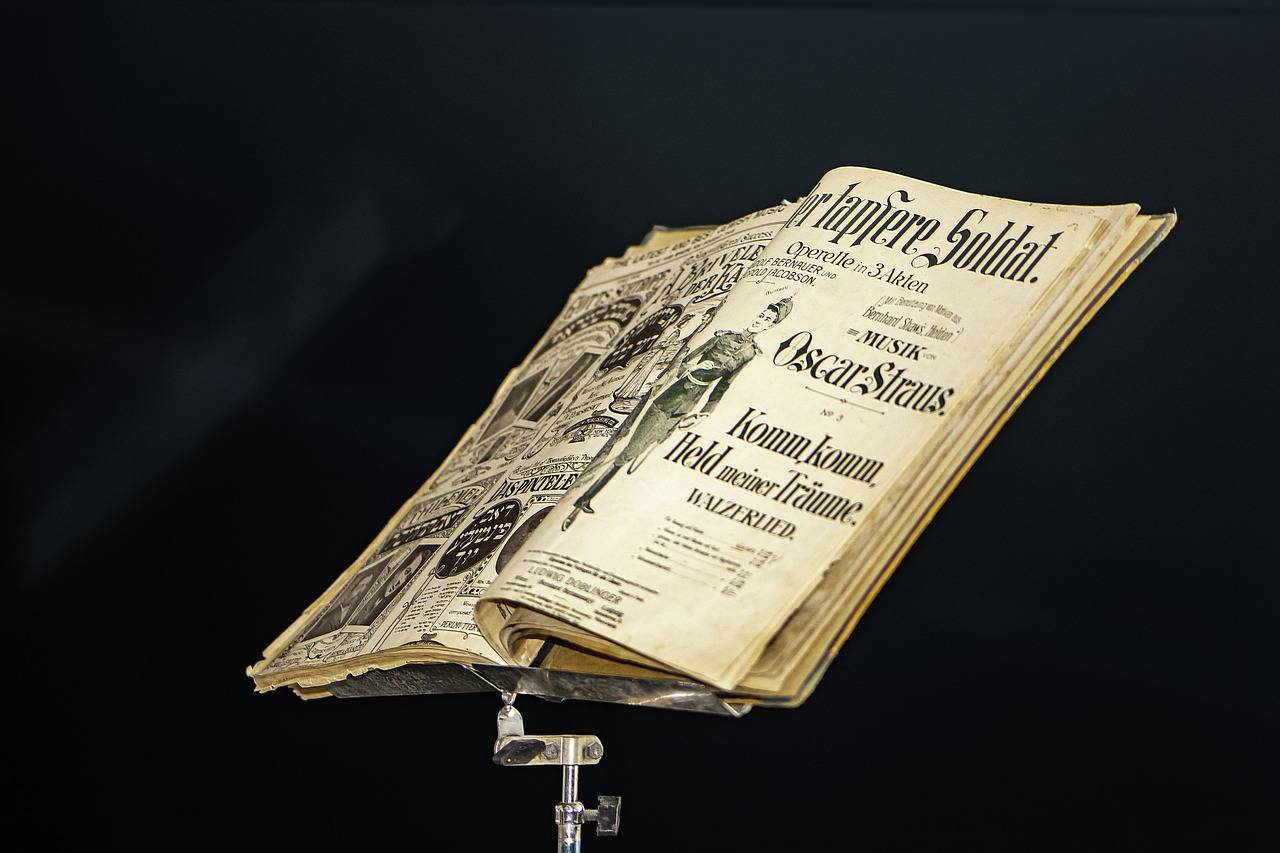Exploring the Link Between Educational Toys and Creativity: Allpaanel, Cricket bet 99, Lotus 365.win
allpaanel, cricket bet 99, lotus 365.win: Exploring the Link Between Educational Toys and Creativity
Do you ever wonder how educational toys can help foster creativity in children? Many parents and educators are starting to see the importance of incorporating educational toys into a child’s playtime. These toys are not only fun but also play a crucial role in enhancing a child’s creativity and cognitive development.
Let’s delve deeper into the link between educational toys and creativity.
1. What are educational toys?
Educational toys are toys that are designed to stimulate learning and development in children. These toys can come in various forms, such as puzzles, building blocks, science kits, and interactive games. They are specially designed to promote critical thinking, problem-solving, and creativity in children.
2. How do educational toys foster creativity?
Educational toys encourage children to think outside the box and explore new ideas. By playing with these toys, children can use their imagination and creativity to come up with unique solutions to problems. For example, building blocks can help children develop spatial awareness and creativity as they construct and design different structures.
3. Do educational toys enhance cognitive skills?
Yes, educational toys can help enhance cognitive skills in children. When children engage with educational toys, they are actively learning and problem-solving, which can improve their cognitive abilities. For example, puzzles can help children develop logical thinking and memory skills as they try to piece together different shapes and patterns.
4. How do educational toys promote learning?
Educational toys provide a hands-on learning experience for children. By engaging with these toys, children can learn new concepts and skills in a fun and interactive way. For example, science kits can help children learn about basic scientific principles through hands-on experiments and demonstrations.
5. Are educational toys suitable for all age groups?
Yes, there are educational toys available for children of all age groups. From infants to teenagers, there are educational toys designed to cater to different developmental stages. These toys are tailored to each age group’s specific needs and abilities to ensure maximum learning and engagement.
6. How can parents choose the right educational toys for their children?
When choosing educational toys for your child, consider their interests and developmental stage. Look for toys that are age-appropriate and align with your child’s learning goals. Additionally, consider toys that encourage open-ended play and allow for creativity and exploration.
In conclusion, educational toys play a vital role in fostering creativity and cognitive development in children. By incorporating these toys into a child’s playtime, parents and educators can help children learn and grow in a fun and engaging way.
FAQs
1. Are educational toys expensive?
Educational toys come in a range of prices, so there are options available for every budget. Look for sales, discounts, and second-hand options to find affordable educational toys for your child.
2. How can I encourage my child to play with educational toys?
Introduce educational toys gradually and show enthusiasm for playing with them yourself. Encourage open-ended play and let your child explore and create freely with the toys.
3. Can educational toys replace traditional learning methods?
Educational toys should complement traditional learning methods rather than replace them. They offer a hands-on, interactive way for children to learn and explore new concepts.
4. How can I tell if an educational toy is effective?
Observe how your child engages with the toy and assess if it promotes learning, problem-solving, and creativity. Look for signs of interest and enthusiasm from your child as they play with the toy.





